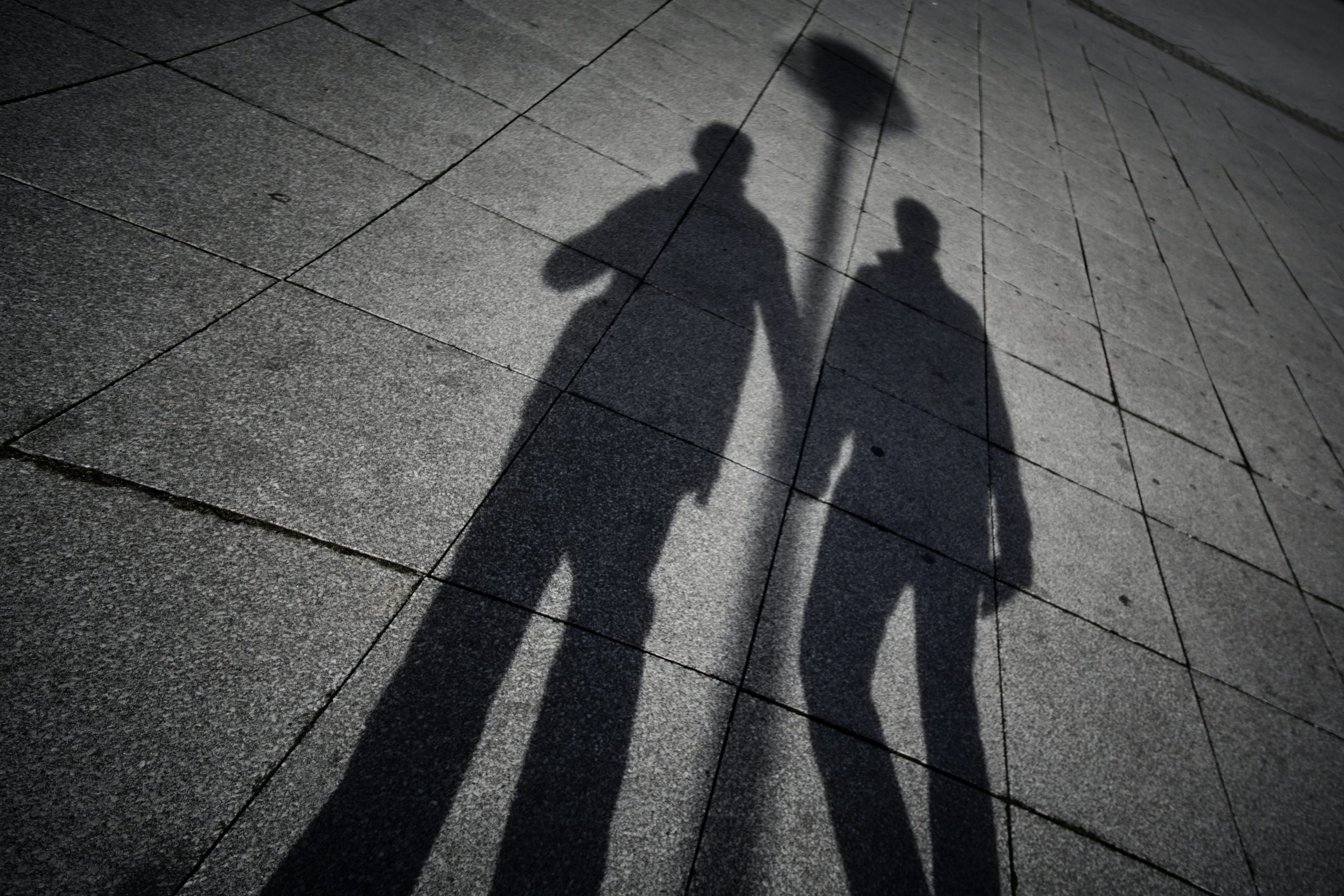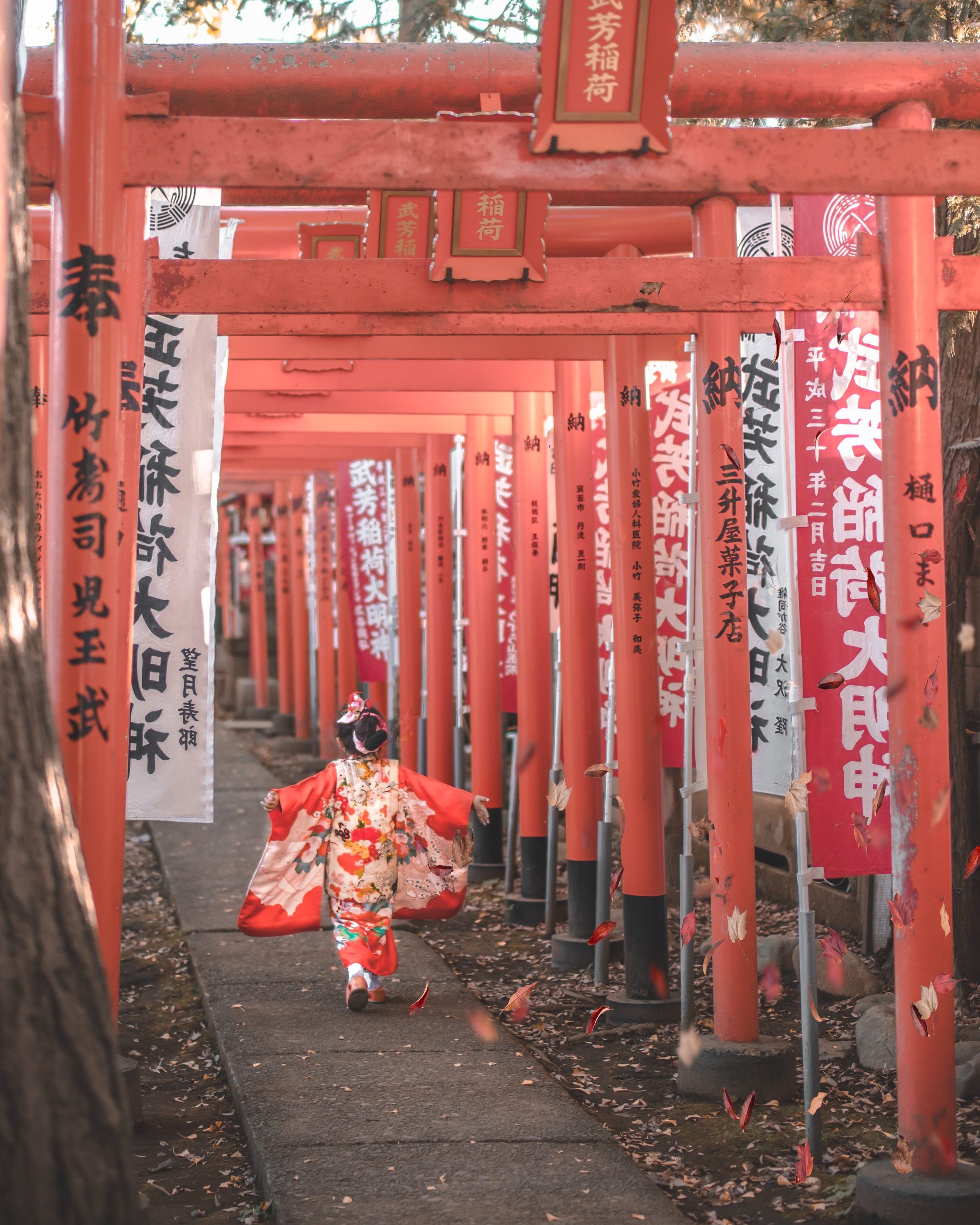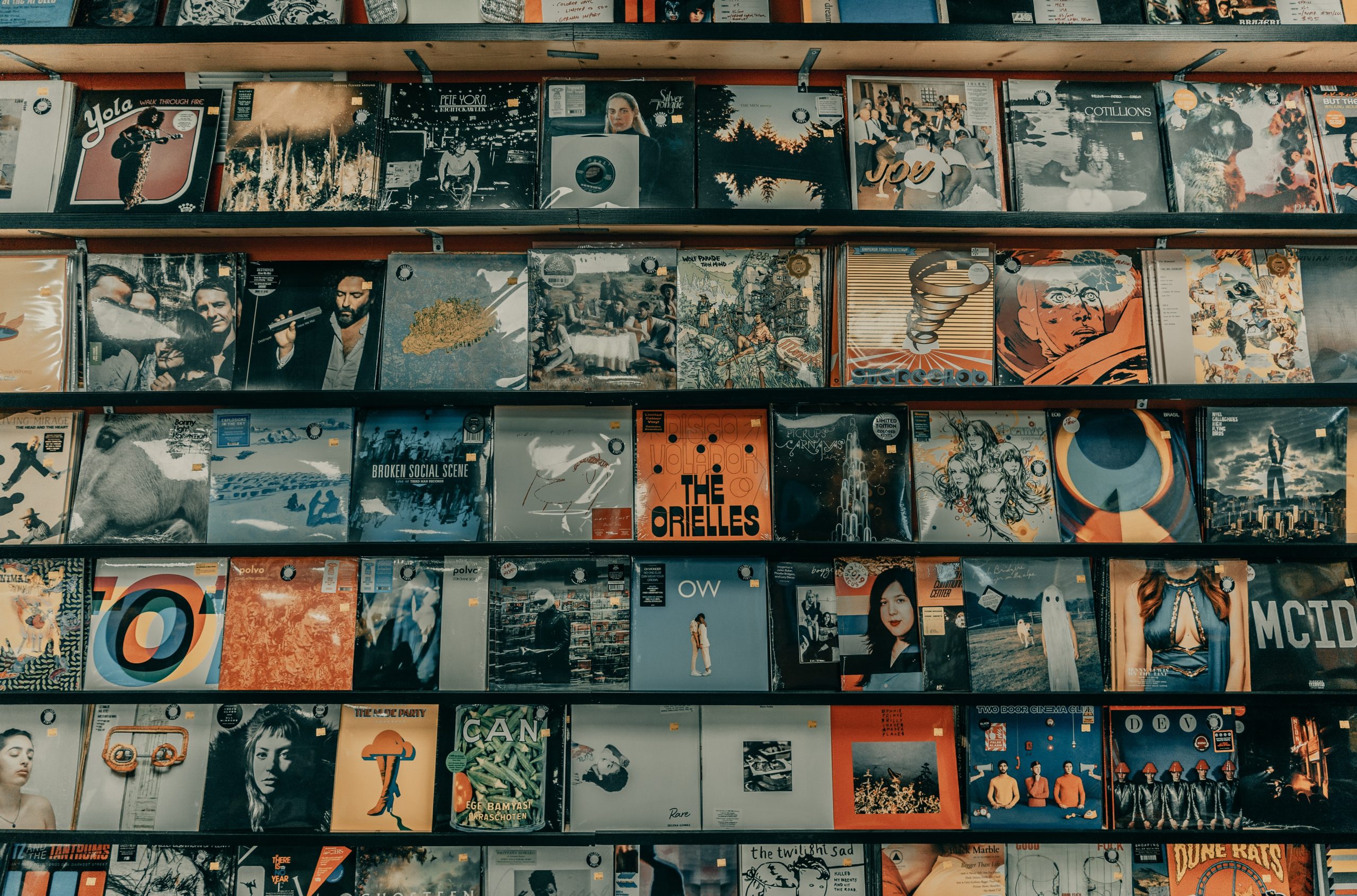As a result of our increased social media usage, we have both witnessed – and in some ways – instigated new societal divisions in recent years. It is a complicated digital tool, with precise and hidden mechanisms that interact behind our phones’ touchscreens. Even with grandma and grandpa using it. One that has thoroughly ensnared many social scientists, prompting them to investigate the political polarization that seemingly feeds off the supposed freedom inherent to the internet. But is it true that social media is largely divisive? Or is that simply a myth propagated by those unfamiliar with newfangled social media practices?
Social media is undoubtedly an excellent way to connect with others, have fun, and discover new interests. But within the practically limitless bounds of these platforms exists the potential for it to be a toxic experience. Depending on who you follow, your social media timeline could either be full of humorous memes and cute cats. Or needless conflict and negativity. Though most of our favorite social media sites and apps were built to bring people together. The business models employed by these tech giants can lead to political division and mostly pointless online controversies. Usually, the most severe cases happen in the US.
Shady business models
Platforms such as Facebook, Twitter, YouTube, Instagram, and even LinkedIn, all use similar strategies to make money. We frequently toss around the old adage “the user is the product”, albeit incorrectly. This is due to the free nature of social media. In actuality, the highest bidder (i.e., advertisers) buy their way to our information. And our feeds are henceforth tailored to best suit our wildly personal tastes and preferences. With an endless stream of targeted ads. All this to turn a profit whilst keeping us obsessed with our screens. The highly personalized nature of social media is a large part of why the average person spends upwards of three to four hours a day online. And it is also part of the reason why so-called echo chambers not only form but also grow in the unlit corners of cyberspace.
Political discourse
Interacting only with those who share your opinions on politics, media, and pop culture means that the opposing views are little more than science fiction to chronically online individuals. Since users merely confirm their own pre-existing political beliefs by communicating with mostly like-minded individuals. Many of us end up insulating ourselves in these deeply personal ideological bubbles. The existence of these echo chambers bears the responsibility for encouraging the division of realities for the sake of making us feel comfortable. Our desire to feel heard and to belong to the majority opinion often drives us to not just create our own echo chambers. But also get lost in the hours’ worth of often-times strongly worded political discourse living in these spaces.
False safe spaces?
According to the filter bubble theory by author Eli Pariser, social media locks us in these echo chambers by creating false safe spaces. Ones that in many ways encourage a dangerously false perception of the world. The constant flow of posts that we agree with (courtesy of the aptly named filter bubbles), and subsequent exclusion of any contending opinions means that the risk of encountering misinformation skyrockets. A good example of this would be the 2020 US Presidential Election. The vastly different online realities of democrats and republicans during this time led to many conservatives feeling that their voices were being unfairly suppressed. At least compared to their more liberal counterparts. An opinion that the other side of the spectrum simultaneously disagreed with, and encouraged. After all the common presumption in such harshly divided milieus is that the other side is inherently wrong. And bad.
Mirror, mirror on the wall
Though our online habits undoubtedly exacerbate the symmetrical polarization of the political sphere. I’d still consider it very misleading to dub social media itself a divisive entity. Rather I believe that social media is a mirror that reflects whatever is going on in society. Platformed echo chambers and potent twitter threads convince us that the internet is slowly tearing us apart. When the real division indeed happened offline. We all have our thoughts and opinions on certain topics. And social media has through capitalist means made it possible to share these beliefs with just the click of a button. This, alongside the latent connectivity of our favorite websites and apps, means that it is easy to create and maintain spaces in which harmonious strangers can validate our hot takes and implicit biases.
Somewhere in the middle
This practice results in people getting set in their ways (politically speaking). But more often than not, encountering peers with whom you can freely share your opinions makes you less polarized. You’re far more likely to experience partisan bias online since social media networks typically organize themselves around a few key influencers. So even if it isn’t inherently divisive, the effect of social media on identity and politics can be catastrophic. If left unchecked.


